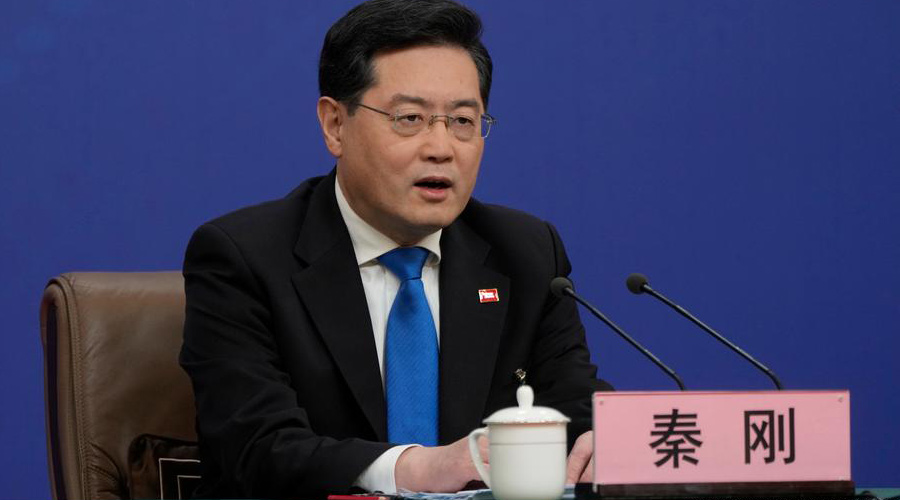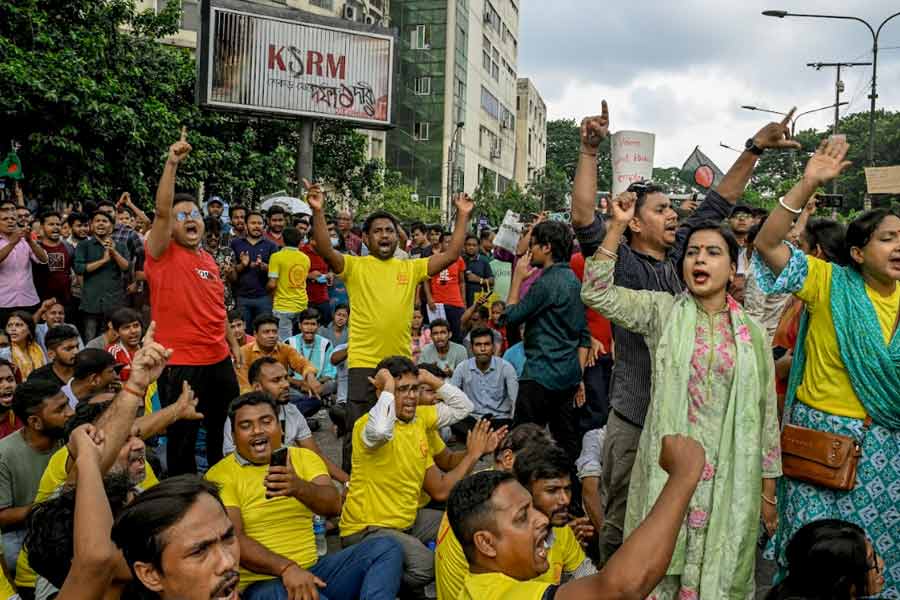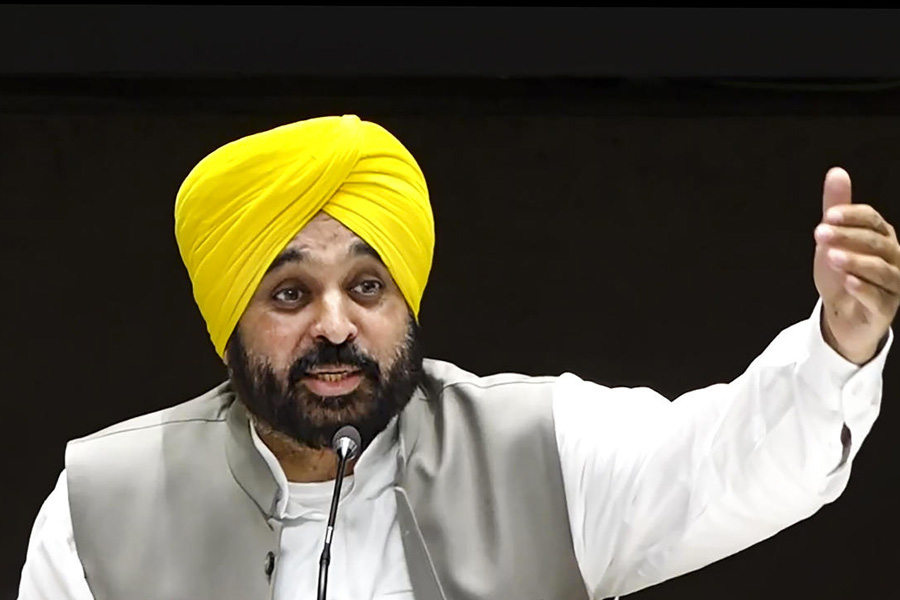Chinese Foreign Minister Qin Gang cautioned the United States over its approach to Taiwan, saying on Tuesday that no country has a right to interfere in what China regards as its domestic affairs.
During his first press conference since becoming China's top diplomat, Qin outlined China's foreign policy stance — especially focusing on the United States, Taiwan, Russia and the war in Ukraine.
What did he say about Taiwan?
Speaking on the sidelines of the annual National People's Congress in Beijing, Qin said the issue of Taiwan — and Washington's One China Policy — is the basis of all relations between the two global powers.
He said no other country has the right to interfere in the Taiwan issue, calling it a "red line" that Washington must not cross.
Qin added that China reserves the option to take measures that it deems necessary to achieve "reunification" with Taiwan.
Under the One China Policy, the US recognizes Beijing and also acknowledges China's position that Taiwan is part of the country.
US lawmakers sparked Beijing's ire by visiting the self-ruled territory last year.
How is China responding to tensions with the US?
Qin addressed China's increasingly tense relationship with the United States, saying Washington was to blame for the downward spiral in ties.
The foreign minister said US policy towards China has "deviated form the rational, sound track."
He said the recent US decision to shoot down a suspected Chinese spy balloon created a diplomatic crisis that could have been avoided. China said the aircraft was used for weather research.
If Washington does not change its course, there will "surely be conflict and confrontation," Qin said.
Prior to taking the post of foreign minister, Qin served as China's ambassador to the US
What was the position on the war in Ukraine?
While Qin urged for peace talks and a diplomatic resolution to Russia's war on Ukraine, he also appeared to claim some countries had a hidden agenda behind the conflict.
An "invisible hand" has been "using the Ukraine crisis to serve certain geopolitical agendas," he said.
In a recent position paper on China's stance on the war, Beijing called for dialogue but did not propose new initiatives for peace talks.
While Russia has grown further and further isolated on the international stage, its ties with China have been growing.
According to Qin, China believes any peace talks must respect the "legitimate security concerns of all parties." He also appeared to urge countries to soften punitive measures towards Russia, saying "sanctions and pressure will not solve the problem."
In the year since the war erupted, China has not yet condemned Russia's move to launch a fully-scaled invasion of Ukraine.
Germany and other western countries are increasingly concerned that China could send weapons and other supplies to ammunition-strapped Russia.











